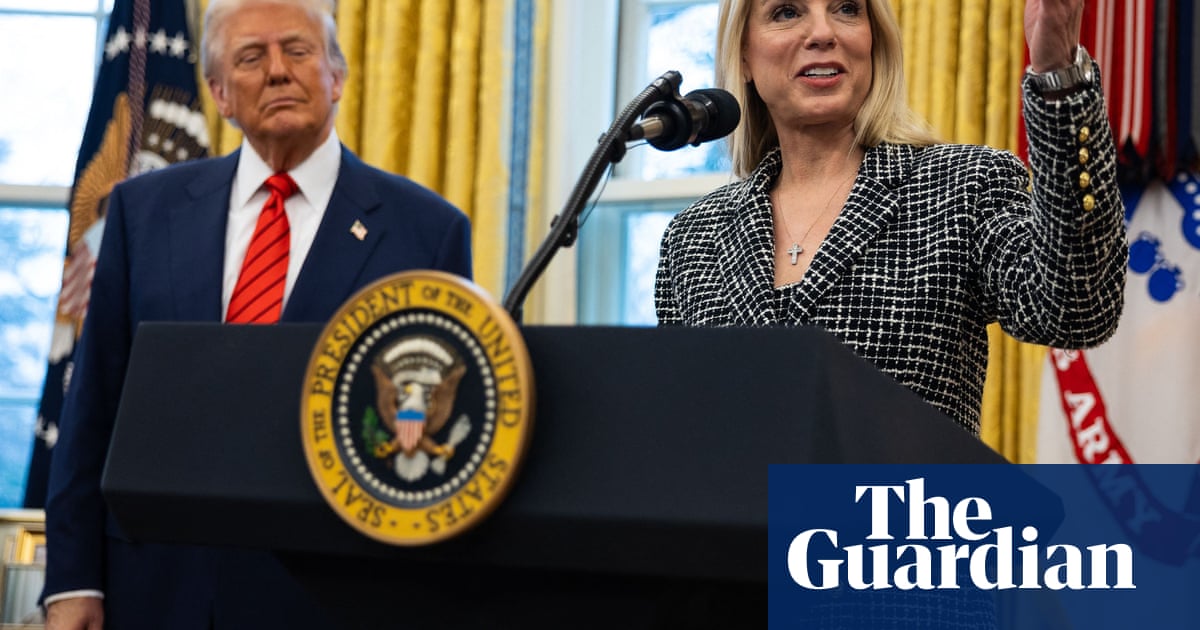Sen. Rand Paul (R-Ky.) said Sunday he would not support President Donald Trump’s sweeping domestic policy package unless the Senate scraps what he sees as its most reckless feature: a $5 trillion debt ceiling hike.
The longtime fiscal hawk warned that the measure would add trillions in new borrowing with minimal offsets. While Paul supports parts of the bill, including its tax cuts and its spending reductions, he argued that the scale of the debt ceiling increase undermines conservatives’ commitment to fiscal responsibility.
“I can't vote to raise the debt ceiling $5 trillion,” Paul said on "Fox News Sunday.” “There's got to be someone left in Washington who thinks debt is wrong and deficits are wrong and wants to go in the other direction.”
The House passed what Trump has dubbed the “Big, Beautiful Bill” last week following weeks of negotiations among Republican factions. While Trump has told the Republican-controlled Senate to ensure the bill gets to his desk by July 4, Paul said he’s unwilling to go along with the president’s plan without meaningful steps to reduce the federal deficit.
While House Speaker Mike Johnson has urged senators to minimize their changes to the bill, Paul’s criticism reflects Senate Republicans’ likely intent to seek adjustments.
Speaking to host Shannon Bream, Paul called the current spending cuts in the bill “wimpy and anemic” and pointed to rising deficits as a sign of failed fiscal leadership. The federal deficit is projected to be $1.9 trillion this year, which is roughly the same as last year’s.
Paul also said he recently offered an alternative amendment to raise the debt ceiling for just three months — by $500 billion — to force votes each time there is an effort to increase spending and give Republicans more leverage to demand reforms.
“If you do it for two years … it goes on the back burner and the debt accumulates like it always had,” Paul said. “This is more of the same. This is what the Democrats have always done, and this is the Republicans using the same playbook.”
Republican leaders have defended the larger increase as a necessity move to avoid repeated high-stakes standoffs with moderate Republicans and align themselves with the White House. But Paul dismissed the approach as a political convenience that allows for unchecked spending.
“We bring in about $5 trillion in revenue. We spend $7 trillion,” he said. “That's about what we do. … What we're really stuck with is the math doesn't work.”

 German (DE)
German (DE)  English (US)
English (US)  Spanish (ES)
Spanish (ES)  French (FR)
French (FR)  Hindi (IN)
Hindi (IN)  Italian (IT)
Italian (IT)  Russian (RU)
Russian (RU) 























Comments